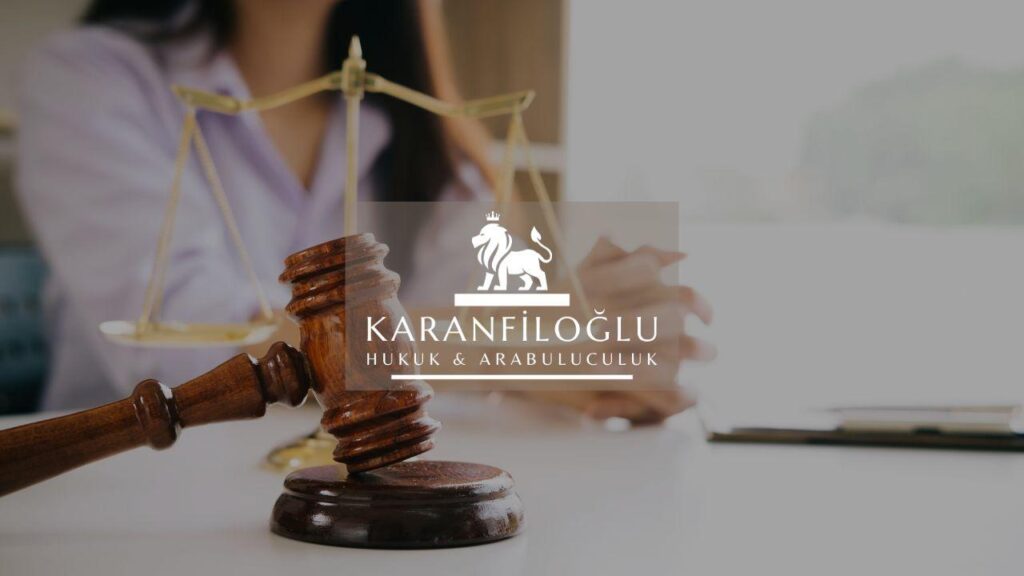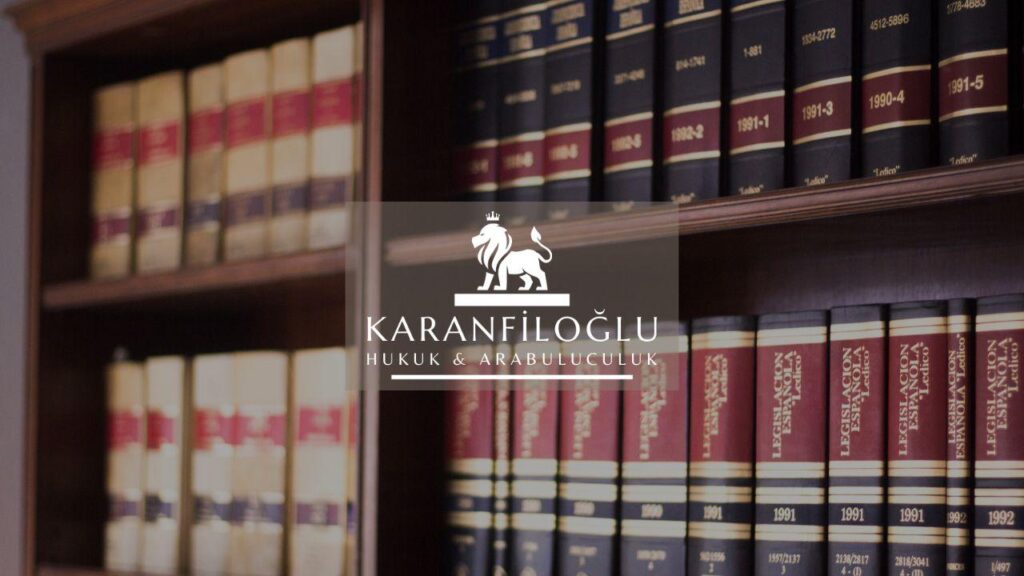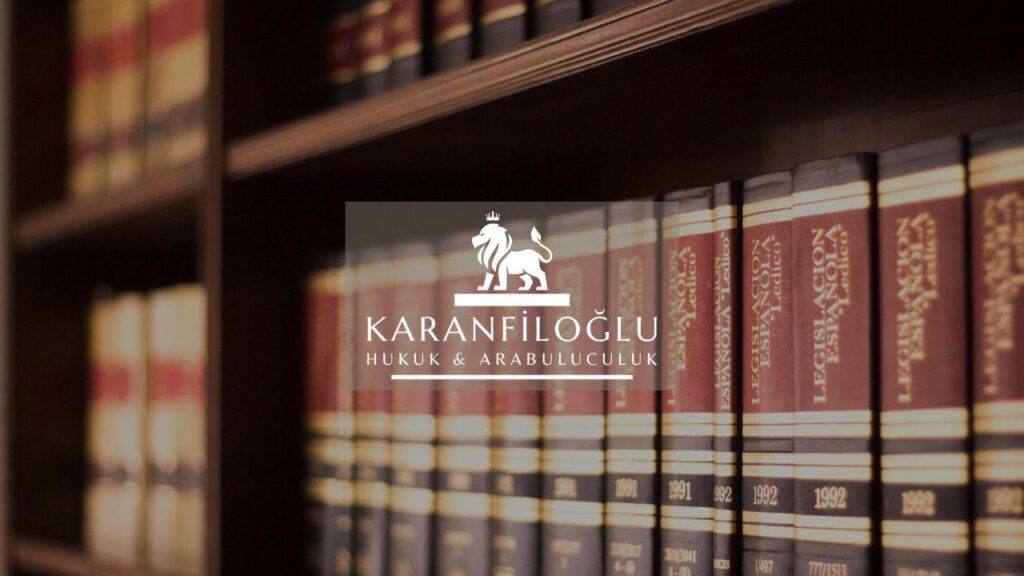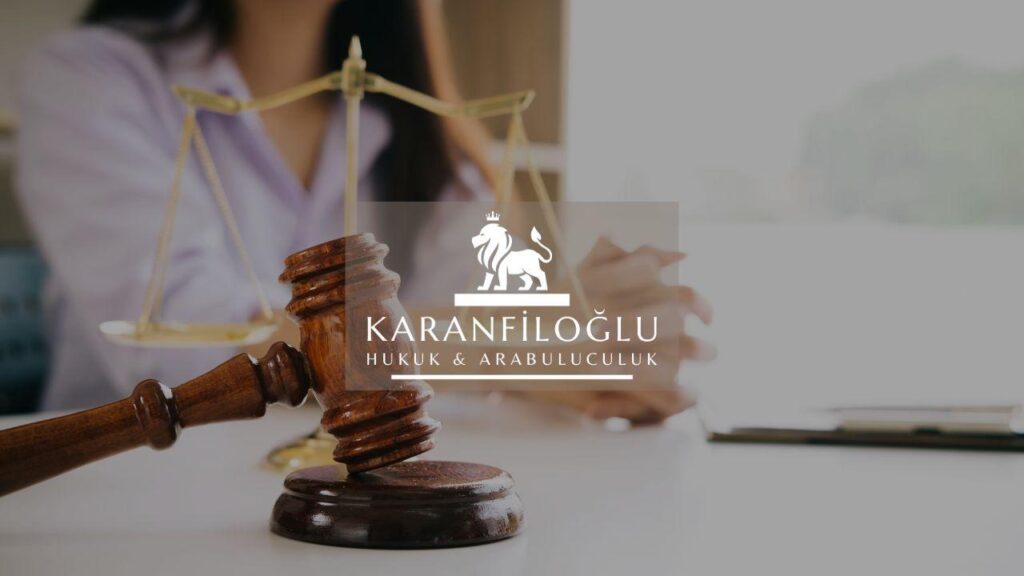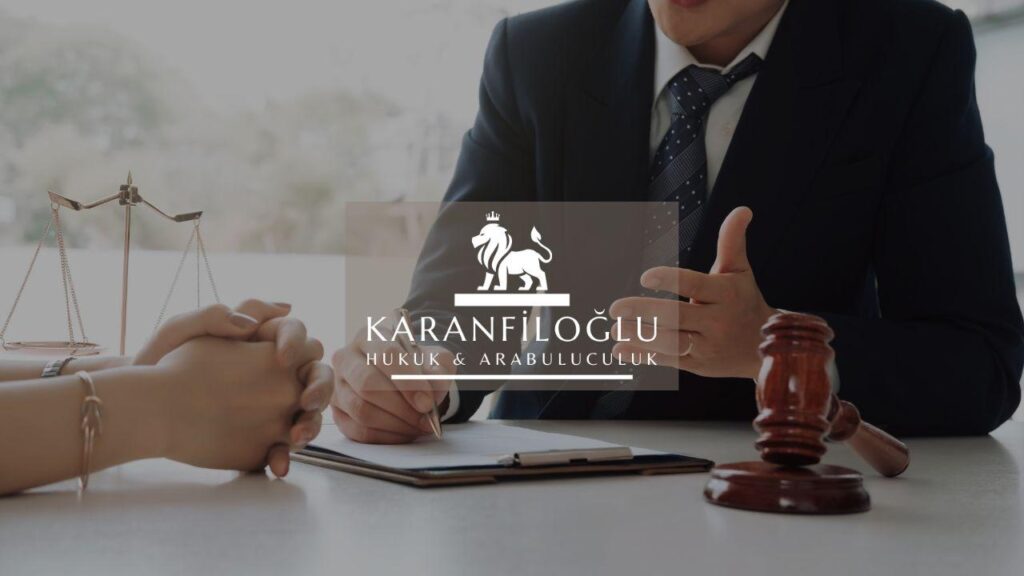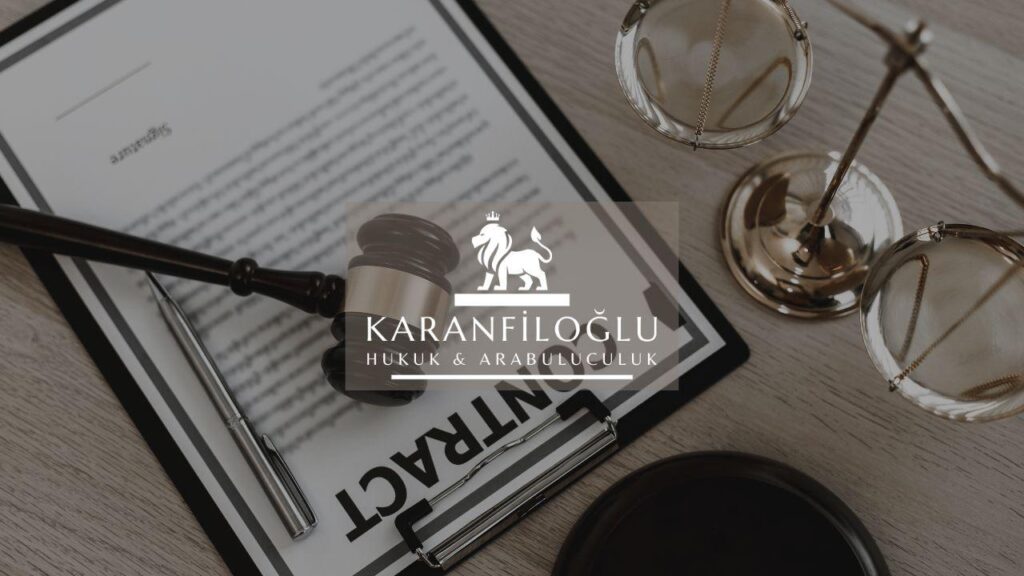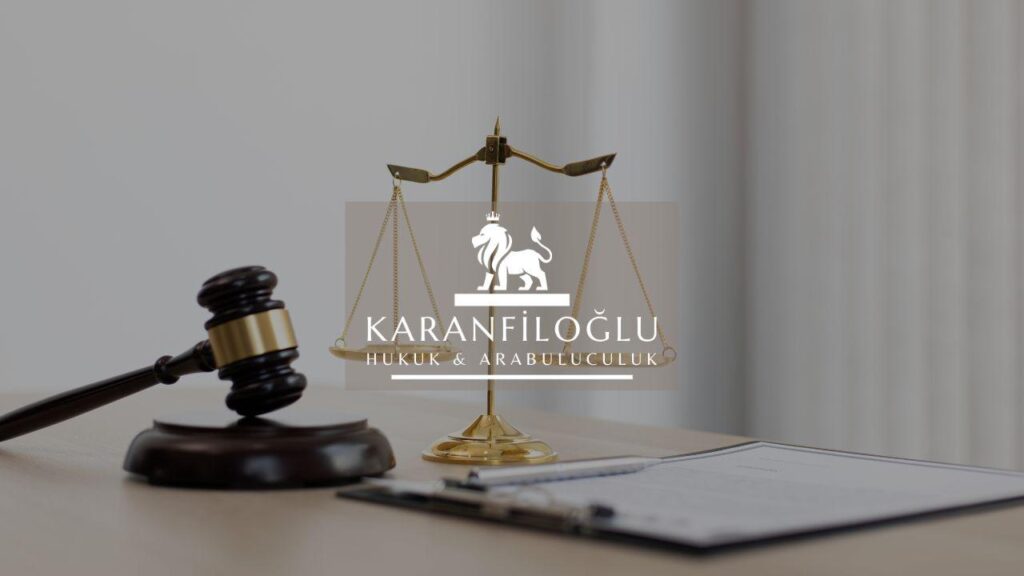In the competitive marketplace of Turkey, safeguarding your brand is crucial, and one of the most effective ways to ensure this protection is through trademark registration. As outlined in Article 7 of the Turkish Industrial Property Code (No. 6769), trademarks provide their owners with exclusive rights to distinguish their goods and services from others. Securing a trademark not only enhances brand value but also serves as a legal shield against unauthorized use or infringement, contributing to the broader commercial strategy. With the guidance of experienced legal professionals from Karanfiloglu Law Office, the trademark registration process can be navigated efficiently, enabling businesses to focus on growth while resting assured that their brand identity is legally protected. Our firm provides comprehensive services in navigating the procedural landscape, from preparing the application to monitoring its progress with the Turkish Patent and Trademark Office, helping clients establish robust legal safeguards for their intellectual property.
Understanding Trademark Registration in Turkey
Trademark registration in Turkey involves a structured process that begins with a search for existing trademarks to ensure your brand is unique and not infringing on others. This search is crucial as it aligns with Article 5 of the Turkish Industrial Property Code, which outlines the absolute grounds for refusal of trademark registration, including existing similarities. Once this preliminary check is complete, the detailed application must be prepared and submitted to the Turkish Patent and Trademark Office. Under Article 11, the application must meet specific formal requirements, including a clear description of the mark and the list of goods or services it will cover. Following submission, the application undergoes a thorough examination process, as outlined in Article 14, to assess compliance with registration criteria. Engaging a legal expert from Karanfiloglu Law Office during this stage can assist in addressing potential objections and ensuring a smooth registration process, thereby fortifying your brand’s legal standing in Turkey’s vibrant market.
Once your trademark application is submitted and passes the initial examination, it enters the publication stage, as specified in Article 18 of the Turkish Industrial Property Code. During this phase, your trademark is published in the Official Trademark Bulletin, allowing third parties to raise objections within a two-month period, as noted in Article 19. This publication serves as a public announcement, enabling other entities to contest the registration if they believe it infringes on their prior rights. Karanfiloglu Law Office provides proactive monitoring and strategic advice to effectively navigate potential objections, ensuring your registration process remains on track. If an opposition arises, our experienced attorneys will represent your interests in drafting a detailed defense and, if necessary, engage in settlement negotiations or prepare for administrative appeals. Successfully overcoming this objection period is a crucial milestone, as it moves your trademark closer to final registration, potentially preventing future legal disputes and reinforcing your market position.
Following the successful navigation of the publication and objection period, the trademark registration is finalized, as per Article 24 of the Turkish Industrial Property Code. The Turkish Patent and Trademark Office will issue a registration certificate, which formally confirms and grants the exclusive rights associated with the trademark. This certification is a vital document that signifies your legal ownership and serves as an essential tool in enforcing your rights against any unauthorized use. Beyond this, Article 26 outlines the necessity of using the trademark genuinely within five years from the registration date; failure to do so may result in its revocation. Karanfiloglu Law Office assists clients in maintaining their trademarks by providing monitoring services to track potential infringements and advising on renewals every ten years, pursuant to Article 23. These proactive steps ensure that your brand remains protected and continues to benefit from the legal advantages provided by a registered trademark.
Key Considerations for Successful Trademark Applications
When embarking on the trademark registration journey, understanding the key considerations is vital for ensuring a successful application. It is essential first to conduct a thorough trademark search to ascertain that your chosen mark is not already registered or pending registration, complying with Article 5 of the Turkish Industrial Property Code (No. 6769). This initial step is crucial to avoid conflicts and potential legal disputes. Furthermore, when choosing a trademark, consider its distinctiveness, as outlined in Article 7, which specifies that the mark must be capable of representing the origin of goods or services clearly without being descriptive or generic. Enlisting the support of legal experts, like those at Karanfiloglu Law Office, can help in crafting a trademark strategy that aligns with procedural requirements and market realities, maximizing the chances of securing trademark rights efficiently and effectively.
Another critical factor to consider in the trademark application process in Turkey is the correct classification of goods and services under the Nice Classification system. As stipulated in Article 11 of the Turkish Industrial Property Code (No. 6769), a precise determination of the classes relevant to your business activities is paramount. Misclassification can lead to wasted resources and potentially a rejection of the application. Legal professionals, such as those at Karanfiloglu Law Office, possess the expertise to guide you in accurately identifying and designating the appropriate classes, ensuring that your trademark protection is comprehensive and aligns with your business’s operational scope. Additionally, the consideration of potential geographical limitations is crucial. A trademark should not infringe upon already established geographical indications, per the rules defined in Article 34, to ensure a successful registration outcome. Seeking expert advice can aid in overcoming these complexities and in securing a robust trademark that supports business endeavors.
Timely submission of your trademark application is also a fundamental consideration for successful registration. According to Article 10 of the Turkish Industrial Property Code (No. 6769), maintaining awareness of relevant application timelines and deadlines is essential to avoid unnecessary delays or expirations that could compromise your trademark’s legal standing. Additionally, the publication period following the application’s submission, discussed under Article 21, allows third parties to challenge the registration within a specified period, necessitating preparedness for any potential objections. Engaging with legal experts from Karanfiloglu Law Office can ensure that all procedural deadlines are met seamlessly and that appropriate response strategies are in place for potential oppositions. By meticulously addressing these considerations, businesses can effectively fortify their trademark under the legal frameworks, securing their brand identity in the competitive Turkish market.
Common Mistakes to Avoid During the Trademark Registration Process
One of the most prevalent mistakes during the trademark registration process in Turkey is failing to conduct a thorough trademark search before filing the application. According to Article 5 of the Industrial Property Code (No. 6769), a trademark that is identical or similar to an existing one can lead to rejection of the application, as it may cause confusion among consumers. Ignoring this preliminary step often results in wasted resources and prolonged delays, as applicants may have to modify or entirely restart their filing process. It is advisable to perform a comprehensive search to ensure that a proposed trademark does not conflict with pre-existing trademarks registered with the Turkish Patent and Trademark Office. At Karanfiloglu Law Office, we assist our clients in conducting diligent searches and provide strategic advice, reducing the risk of encountering such setbacks during the registration process.
Another common pitfall in the trademark registration process is inadequate classification of goods and services, as outlined in Article 10 of the Turkish Industrial Property Code (No. 6769). The Nice Classification system, adopted by Turkey, categorizes trademarks into classes based on the types of goods and services they represent. Misclassifying products can result in insufficient protection, potentially exposing the brand to legal vulnerabilities and challenges by competitors. It’s crucial for businesses to accurately identify the appropriate classes that encompass their current and future operations, ensuring comprehensive trademark protection. Errors in classification may necessitate additional applications or amendments, incurring more costs and time. At Karanfiloglu Law Office, our experienced attorneys guide clients in accurately assessing and determining the suitable classes for their trademarks, ensuring that the scope of trademark protection aligns with the company’s strategic goals and legal requirements, thus safeguarding their business interests effectively.
Another frequent mistake is neglecting to respond to official actions or oppositions in a timely manner, which can jeopardize the trademark application process. Article 11 of the Turkish Industrial Property Code (No. 6769) emphasizes the necessity of addressing any objections or refusals issued by the Turkish Patent and Trademark Office within the stipulated period. Failing to meet deadlines for responses can lead to the application being deemed abandoned, resulting in the loss of protection efforts. It’s essential for applicants to monitor correspondence from the trademark office closely and prepare adequate responses to any challenges or queries raised. Engaging with knowledgeable legal counsel from Karanfiloglu Law Office ensures that clients promptly and effectively handle any opposition or requirement, maximizing the chances of a successful registration. Our team provides expert guidance throughout this critical phase, ensuring that all procedural obligations are met and that the prospective trademark stands on solid legal ground.
Disclaimer: This article is for general informational purposes only and you are strongly advised to consult a legal professional to evaluate your personal situation. No liability is accepted that may arise from the use of the information in this article.

